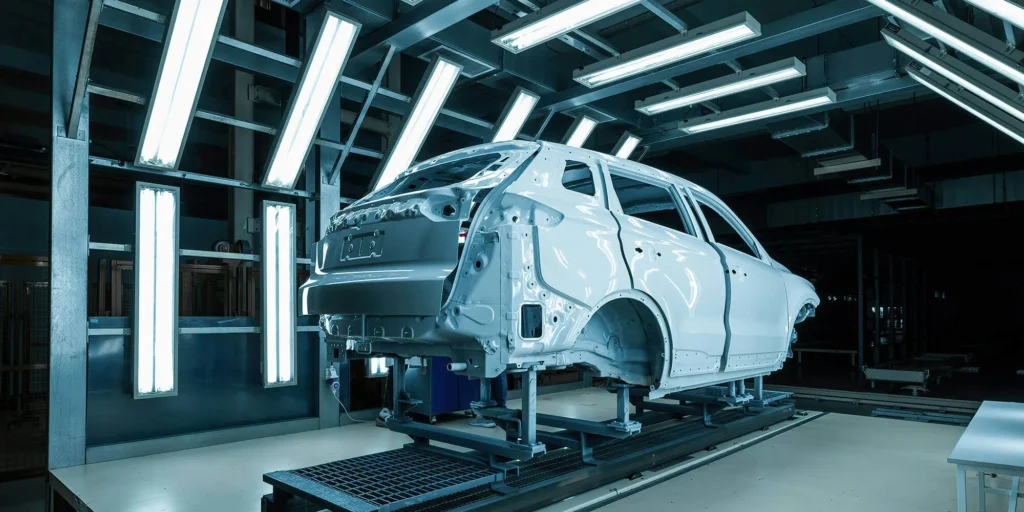The automotive industry is undergoing a significant transformation in 2025, driven by a commitment to sustainability and innovation. This shift is evident in various aspects of the industry, from vehicle production to supply chain management.
Electrification and Battery Innovation
Electric vehicles (EVs) are at the forefront of this green revolution. Major manufacturers like General Motors are investing heavily in battery technology to produce more affordable and efficient EVs. Innovations such as lithium manganese-rich (LMR) batteries are being developed to extend driving range and reduce costs, making EVs more accessible to a broader consumer base .
Sustainable Manufacturing Practices
Automakers are reimagining their manufacturing processes to reduce environmental impact. Companies like Volkswagen and General Motors are constructing sustainable plants that utilize renewable energy sources and implement water recycling technologies. These initiatives aim to minimize carbon footprints and promote eco-friendly production methods .
Artificial Intelligence and Supply Chain Optimization
Artificial intelligence (AI) is playing a crucial role in enhancing sustainability within the automotive sector. AI-driven analytics are being used to optimize energy consumption in manufacturing, leading to significant reductions in energy use. For instance, Renault Group has integrated AI to monitor and improve energy efficiency in its production facilities .
Circular Economy and Recycling Initiatives
The concept of a circular economy is gaining traction in the automotive industry. Stellantis, for example, has launched SUSTAINera, a program focused on recycling and sourcing used parts to reduce waste and offset emissions. This approach not only conserves resources but also contributes to the company’s goal of achieving carbon net zero by 2038 .
Global Investment in Green Technologies
Governments and corporations worldwide are investing in green technologies to support the automotive industry’s transition. South Africa, for instance, has allocated funds to encourage local production of EVs and related components, aiming to attract private sector investment and promote sustainable economic growth .
In conclusion, the automotive industry in 2025 is embracing a multifaceted approach to sustainability, incorporating technological advancements, innovative manufacturing practices, and strategic investments. These efforts are collectively steering the industry toward a greener and more sustainable future.
